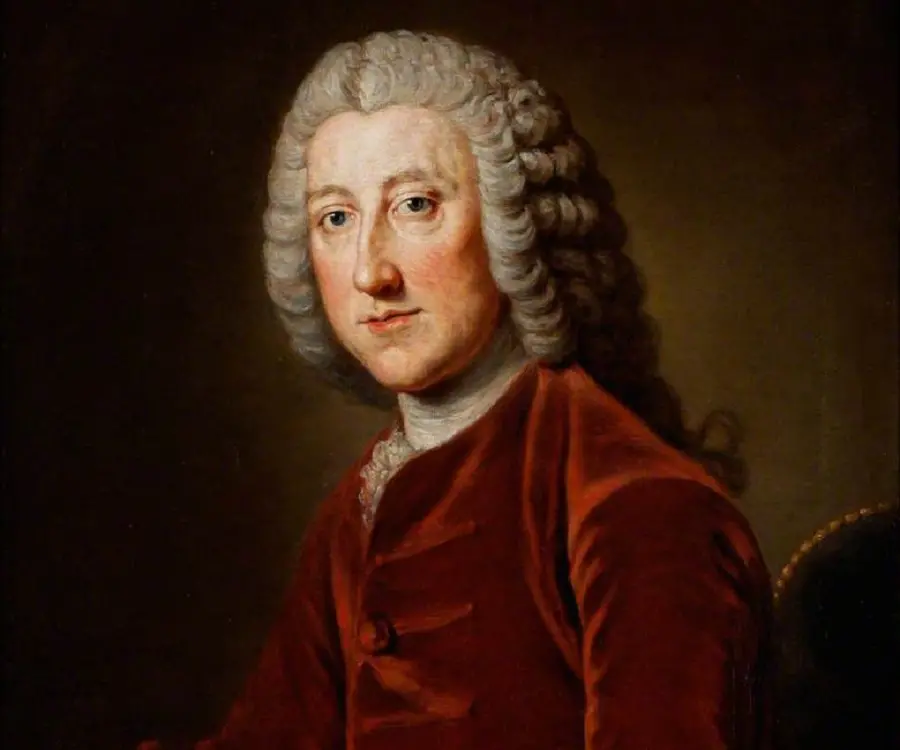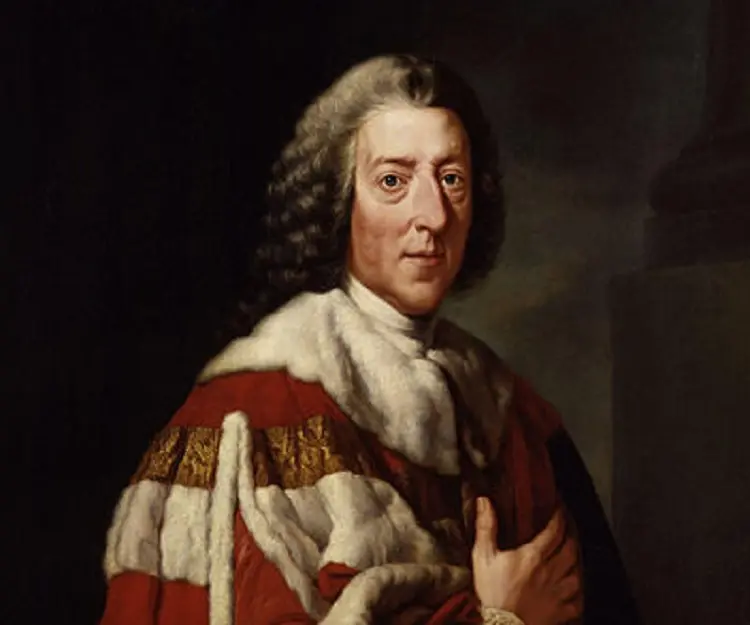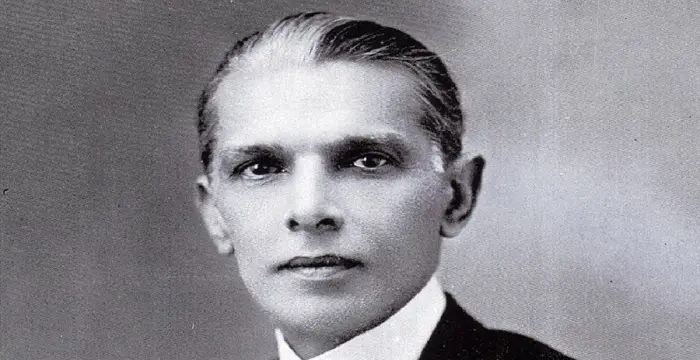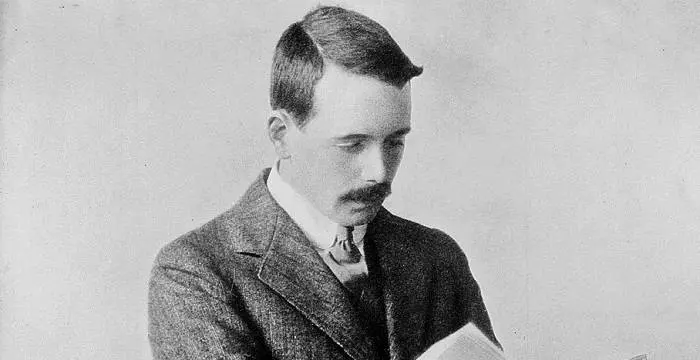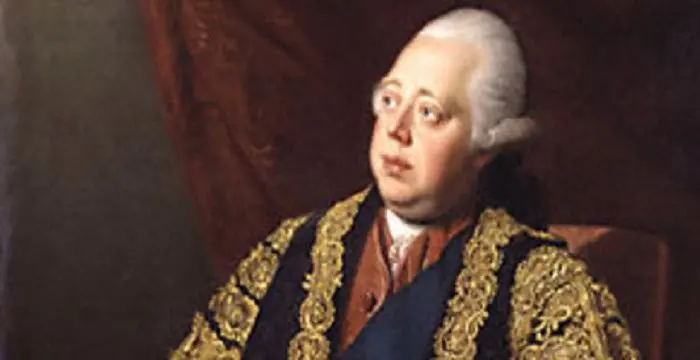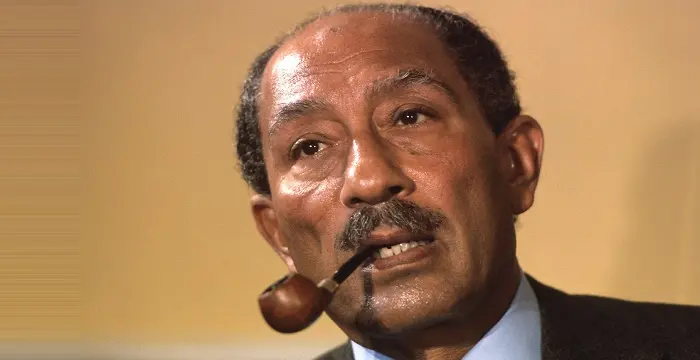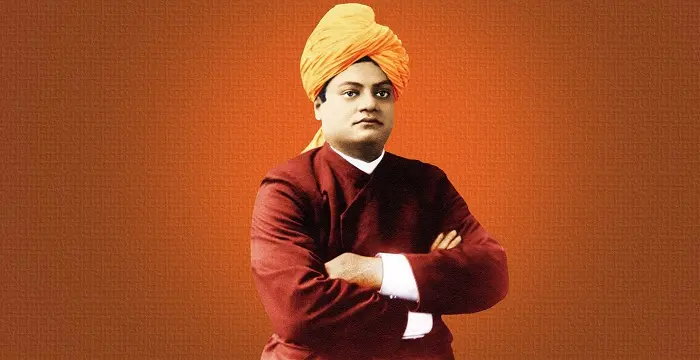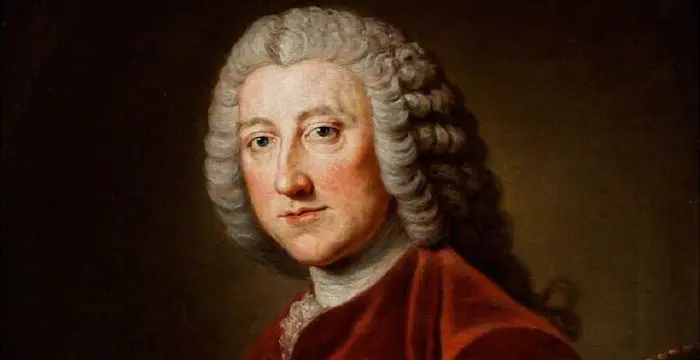
William Pitt, 1st Earl of Chatham - the Great Commoner, Timeline and Life
William Pitt, 1st Earl of Chatham's Personal Details
William Pitt, 1st Earl of Chatham was an 18th century British politician and statesman
| Information | Detail |
|---|---|
| Birthday | November 15, 1708 |
| Died on | May 11, 1778 |
| Nationality | British |
| Famous | Eton College, Trinity College, Oxford, Leaders, Political Leaders, the Great Commoner |
| Spouses | Countess of Chatham, Hester Pitt |
| Known as | William Pitt the Elder |
| Childrens | William Pitt the Younger |
| Universities |
|
| Notable Alumnis |
|
| Birth Place | Westminster |
| Gender | Male |
| Sun Sign | Scorpio |
| Born in | Westminster |
| Famous as | The Great Commoner |
| Died at Age | 69 |
William Pitt, 1st Earl of Chatham's photo
Who is William Pitt, 1st Earl of Chatham?
William Pitt, 1st Earl of Chatham was an extraordinary statesman and a great orator of the eighteenth century England. To distinguish him from his namesake son, William Pitt the Younger, he is referred as William Pitt the Elder. He entered politics at a time when Great Britain was going through a difficult time. From the very beginning, he dominated the political scenario and through outstanding oratory, shook the nation out of its stupor. He led the country from 1756 to 1757, 1757 to 1762 and 1766 to 1768 in different capacities. However, he carried equal weight when out of power. In fact, during his long political career, he made many enemies. Yet, nobody could ignore him because of his unparalleled political insight, parliamentary skill and deep knowledge. Moreover, he had the popular support behind him. He not only boosted the confidence of the masses, but also won their heart by persistently refusing titles. Because of that he came to be known as The Great Commoner. However, he accepted peerage almost at the end of his career and that too because he needed a seat in the House of Lords. He was a man whose life was dedicated to the service of the nation.
// Famous Trinity College, Oxford
Muhammad Ali Jinnah
Muhammad Ali Jinnah was an influential political leader of India before partition and instrumental in creation of Pakistan. This biography offers detailed information on his childhood, political career, life and timeline.
Henry Moseley
Henry Moseley was a renowned English physicist who developed the Moseley’s Law in the field of x-ray spectroscopy. To know more about his childhood, career, profile and timeline read on.
Lord North
Lord North served as the Prime Minister of Great Britain from 1770 to 1782. This biography provides detailed information about his life, career, achievements and timeline.
Childhood & Early Life
William Pitt was born on November 15, 1708 in Westminster, London into a politically influential family. His grandfather Thomas Pitt was the Governor of Madras and father Robert Pitt served as a Member of Parliament from 1705 to 1727. His mother Harriet Pitt nee Villiers also came from a leading family.
William had six siblings. His elder brother Thomas Pitt, who inherited his father’s estate, was also a Member of Parliament. Besides, he had five sisters; Harriet, Catherine, Ann, Elizabeth, and Mary.
In 1719, William was admitted to Eton Collage. He did not enjoy his stay there. Moreover, he had his first attack of gout, an affliction that would remain with him for the rest of his life, sometime during this period.
In 1727, William was admitted to the Trinity Collage as a ‘gentleman commoner’. However, he had to leave his studies in 1728 due to a violent attack of gout. He then spent some time travelling around in Europe and ultimately got admission in the Utrecht University in the Dutch Republic and finished his education in 1730.
Career
William Pitt started his career as a commissioned officer in the British army. He obtained a coronet’s commission with the help of his friends. However, his military career was short lived and in 1735, he entered the Parliament as a representative of Old Serum. He was at that time 27 years old.
During that time, Sir Roberts Walpole of the Whig Party was the Prime Minister of Great Britain. Pitt joined the opposing faction known as the Patriot Whigs and swiftly became one of its prominent members. The faction offered effective opposition to Walpole. *Pitt gave his maiden speech in 1736. Although the speech was of little historical importance, it helped him to gain the attention of the house. Very soon, he began talking about more relevant subjects and criticized the government on several occasions; especially for its non-intervention in the war in Europe.
As a retaliatory measure, Walpole had him dismissed from the army. However, the loss of commission was compensated by Frederick, the Prince of Wales, who appointed him as his Groom of the Bed Chamber. This solved his financial problem and he could concentrate on his political career.
Pitt continued his attack against both the government and especially Prime Minister Walpole. He spoke in favoUr of war with Spain and against subsidies to Hanover and Austria. He also supported the motion for an enquiry into Walpole’s last years of rule. Ultimately, Walpole had to resign. That was in 1742.
Although Walpole resigned from the post of the Prime Minister, he remained the real source of power until his death in 1745. By that time, Pitt had also antagonized King George II for his views on Hanover. Many Whig leaders were also against him and therefore, he could not benefit from this change of power.
By this time Pitt had also made many friends. When Dowager Duchess of Marlborough died in 1744, she left him a legacy of ten thousand pound as an acknowledgement of his service to the nation. It boosted his financial position to a large extent and allowed him to concentrate on his job.
Wiser now, Pitt changed his ways and made constructive effort to mend his ways with the King. In 1746, he became the Vice Treasure of Ireland and then in May, he became the Pay Master General, a lucrative post that had been misused to gain personal wealth by the previous Pay Masters.
Pitt won many hearts by his honest and transparent actions. In addition, the post gave him a berth in the Privy Council. He then continued to work closely with government and at the same time, criticized the leadership for its failure to take prompt action in a number of matters as well as for its war policies. Consequently, he was dismissed in 1755.
In 1756, Prime Minister, the Duke of Newcastle, was forced to step down. It was alleged that he had deliberately left the Island of Minorca inadequately defended so as to prove that it was in the interest of England to sign peace treaties with France. Pitt next formed the government along with George Grenville and the Duke of Devonshire.
Pitt became the Leader of the House of Commons and the Secretary of State for the Southern Department while the Duke of Devonshire became the Prime Minister. However, Duke of Newcastle was still very powerful and the King George II was still antagonistic towards him.
Pitt and Grenville disagreed over a number of issues. Pitt, for example, opposed the government’s continental policy and also criticized the court-martial and execution of Admiral John Byng. Consequently, he was removed from the office in 1757, but reinstated very shortly.
Pitt now formed the government along with the Duke of Newcastle. By that time the Seven Year’s War between Britain and France had started and Britain had suffered a number of military defeats at the hands of France. While Newcastle looked after the domestic affair, Pitt concentrated on war efforts.
Until then, Britain’s war policies had been a failure. Pitt set out to correct that. He strengthened the navy and sent fleets to block French ports. He also started the practice of Naval Descents and urged countries like Prussia to fight on the side of Great Britain
His strategy was to tie down France in Europe while superior British navy captured French ports around the world. His strategy resulted in British victory in North America and India. He wanted tocontinue with the war until France was totally defeated.
1759 was a significant year for Pitt. Under his guidance, the British troops came out victorious in every field and a lot of the credit went to him. By 1760, Britain also captured Montreal and Pitt’s popularity as well as his power reached its peak.
However, he met opposition from another end. King George III ascended the throne in 1760. He had his own ideas and put in his own men. Very soon a conflict started. While Pitt wanted to declare war against Spain, others believed that it would make Britain look like an aggressor. Many of his ideas were rejected by the cabinet.
Pitt resigned from his post in 1761. For next five years he was in the opposition criticizing government policies. When Britain signed treaties with France, he found it to be too lenient. He also disapproved of the government policies as regard to America. These made him very popular both at home and abroad.
In 1766, Pitt was once again asked to lead another coalition government. This time, he entered as a member of the House of Lords and to do that he had to accept the title of ‘Earl of Chatham’. The ordinary people who loved him for his refusal to take any title were disappointed and he lost their support.
He was not very successful in other aspect as well. He did not have any direct control over the administration and proved incapable of governing. He disapproved of the Stamp Duty imposed on America, but could not provide any solution that would be acceptable both to Britain and to America.
His loyal ministers began to resign one by one. In 1768, he too resigned from his post; but continued to visiting the Parliament; speaking on various issues until his death at the age of sixty nine.
Major Works
William Pitt is best remembered as the leader who saved the nation from humiliating defeat at the hands of France. With his insight, Pitt changed the course of war in favor of Great Britain. Many historians are of the opinion that had he not been at the helm of the government at that time the Seven Year’s War might have stretched to thirty.
Pitt is said to be the first imperialist of Great Britain. He started by capturing French colonies and taking them under British control. Although he did not have much personal involvement in India, it was because of his excellent strategies that the empire spread to other parts of the world.
Personal Life & Legacy
On November 16, 1754, William Pitt married Lady Hester Grenville, the daughter of the 1st Countess Temple. At the time of their wedding Pitt was around 46 years old while Hester was thirty four. By that time, they had known each other for twenty years.
The marriage was a happy one and produced five children; Hester, Harriet, John, William and James. Among them, William was known as William Pitt the Younger and served as Prime Minister several times.
William Pitt the Older died on May 11, 1778. He used to visit the Parliament regularly even at this old age. On April 7, 1778, while making speech against the government for withdrawing troops from the colonies he collapsed in the House of Lords. He was taken to Hayes, where he breathed his last just one month after the incident.
Although he had many critics, historians have described him as ‘the greatest statesman of the eighteenth century England’. After his death, everybody united to pay homage to him and petitioned the king for a state funeral.
Today, his mortal remains lie in the Westminster Abbey. A public monument has also been erected over his grave. An inscription on the grave describes him as a man ‘by whom commerce was united with and made to flourish by war'.
// Famous Political Leaders
Edi Rama
Edi Rama is the current Prime Minister of Albania. Check out this biography to know about his childhood, life, achievements, works & timeline.
Khalifa bin Zayed Al Nahyan
Sheikh Khalifa bin Zayed Al Nahyan is the current President of the United Arab Emirates (UAE). Check out this biography to know about his birthday, childhood, family life, achievements and fun facts about him.
Leo Varadkar
Cam Leo Varadkar is the current Taoiseach—the Prime Minister—of the Republic of Ireland. Check out this biography to know about his childhood, family life, achievements and other facts about his life.
William Pitt, 1st Earl of Chatham biography timelines
- // 1719In 1719, William was admitted to Eton Collage. He did not enjoy his stay there. Moreover, he had his first attack of gout, an affliction that would remain with him for the rest of his life, sometime during this period.
- // 1735William Pitt started his career as a commissioned officer in the British army. He obtained a coronet’s commission with the help of his friends. However, his military career was short lived and in 1735, he entered the Parliament as a representative of Old Serum. He was at that time 27 years old.
- // 1736During that time, Sir Roberts Walpole of the Whig Party was the Prime Minister of Great Britain. Pitt joined the opposing faction known as the Patriot Whigs and swiftly became one of its prominent members. The faction offered effective opposition to Walpole. *Pitt gave his maiden speech in 1736. Although the speech was of little historical importance, it helped him to gain the attention of the house. Very soon, he began talking about more relevant subjects and criticized the government on several occasions; especially for its non-intervention in the war in Europe.
- // 1742Pitt continued his attack against both the government and especially Prime Minister Walpole. He spoke in favoUr of war with Spain and against subsidies to Hanover and Austria. He also supported the motion for an enquiry into Walpole’s last years of rule. Ultimately, Walpole had to resign. That was in 1742.
- // 1744By this time Pitt had also made many friends. When Dowager Duchess of Marlborough died in 1744, she left him a legacy of ten thousand pound as an acknowledgement of his service to the nation. It boosted his financial position to a large extent and allowed him to concentrate on his job.
- // 1745Although Walpole resigned from the post of the Prime Minister, he remained the real source of power until his death in 1745. By that time, Pitt had also antagonized King George II for his views on Hanover. Many Whig leaders were also against him and therefore, he could not benefit from this change of power.
- // 1746Wiser now, Pitt changed his ways and made constructive effort to mend his ways with the King. In 1746, he became the Vice Treasure of Ireland and then in May, he became the Pay Master General, a lucrative post that had been misused to gain personal wealth by the previous Pay Masters.
- // 16th Nov 1754On November 16, 1754, William Pitt married Lady Hester Grenville, the daughter of the 1st Countess Temple. At the time of their wedding Pitt was around 46 years old while Hester was thirty four. By that time, they had known each other for twenty years.
- // 1755Pitt won many hearts by his honest and transparent actions. In addition, the post gave him a berth in the Privy Council. He then continued to work closely with government and at the same time, criticized the leadership for its failure to take prompt action in a number of matters as well as for its war policies. Consequently, he was dismissed in 1755.
- // 1756In 1756, Prime Minister, the Duke of Newcastle, was forced to step down. It was alleged that he had deliberately left the Island of Minorca inadequately defended so as to prove that it was in the interest of England to sign peace treaties with France. Pitt next formed the government along with George Grenville and the Duke of Devonshire.
- // 1757Pitt and Grenville disagreed over a number of issues. Pitt, for example, opposed the government’s continental policy and also criticized the court-martial and execution of Admiral John Byng. Consequently, he was removed from the office in 1757, but reinstated very shortly.
- // 1759 To 17601759 was a significant year for Pitt. Under his guidance, the British troops came out victorious in every field and a lot of the credit went to him. By 1760, Britain also captured Montreal and Pitt’s popularity as well as his power reached its peak.
- // 1760However, he met opposition from another end. King George III ascended the throne in 1760. He had his own ideas and put in his own men. Very soon a conflict started. While Pitt wanted to declare war against Spain, others believed that it would make Britain look like an aggressor. Many of his ideas were rejected by the cabinet.
- // 1761Pitt resigned from his post in 1761. For next five years he was in the opposition criticizing government policies. When Britain signed treaties with France, he found it to be too lenient. He also disapproved of the government policies as regard to America. These made him very popular both at home and abroad.
- // 1766In 1766, Pitt was once again asked to lead another coalition government. This time, he entered as a member of the House of Lords and to do that he had to accept the title of ‘Earl of Chatham’. The ordinary people who loved him for his refusal to take any title were disappointed and he lost their support.
- // 1768His loyal ministers began to resign one by one. In 1768, he too resigned from his post; but continued to visiting the Parliament; speaking on various issues until his death at the age of sixty nine.
- // 7th Apr 1778William Pitt the Older died on May 11, 1778. He used to visit the Parliament regularly even at this old age. On April 7, 1778, while making speech against the government for withdrawing troops from the colonies he collapsed in the House of Lords. He was taken to Hayes, where he breathed his last just one month after the incident.
// Famous Leaders
Edi Rama
Edi Rama is the current Prime Minister of Albania. Check out this biography to know about his childhood, life, achievements, works & timeline.
Tecumseh
Tecumseh was a Native American leader of the Shawnee clan. This biography profiles his childhood, life and timeline.
Khalifa bin Zayed Al Nahyan
Sheikh Khalifa bin Zayed Al Nahyan is the current President of the United Arab Emirates (UAE). Check out this biography to know about his birthday, childhood, family life, achievements and fun facts about him.
Anwar Sadat
Anwar Sadat was the third President of Egypt and has been awarded the Nobel Prize for his peace initiatives. To know more about his childhood, career, profile and timeline read on the following biography.
Leo Varadkar
Cam Leo Varadkar is the current Taoiseach—the Prime Minister—of the Republic of Ireland. Check out this biography to know about his childhood, family life, achievements and other facts about his life.
Swami Vivekananda
Swami Vivekananda was the chief disciple of Sri Ramakrishna, and was responsible for awakening India spiritually. Check this biography to know in detail about his life, profile and timeline.
William Pitt, 1st Earl of Chatham's FAQ
What is William Pitt, 1st Earl of Chatham birthday?
William Pitt, 1st Earl of Chatham was born at 1708-11-15
When was William Pitt, 1st Earl of Chatham died?
William Pitt, 1st Earl of Chatham was died at 1778-05-11
Where was William Pitt, 1st Earl of Chatham died?
William Pitt, 1st Earl of Chatham was died in Hayes, Bromley
Which age was William Pitt, 1st Earl of Chatham died?
William Pitt, 1st Earl of Chatham was died at age 69
Where is William Pitt, 1st Earl of Chatham's birth place?
William Pitt, 1st Earl of Chatham was born in Westminster
What is William Pitt, 1st Earl of Chatham nationalities?
William Pitt, 1st Earl of Chatham's nationalities is British
Who is William Pitt, 1st Earl of Chatham spouses?
William Pitt, 1st Earl of Chatham's spouses is Countess of Chatham, Hester Pitt
Who is William Pitt, 1st Earl of Chatham childrens?
William Pitt, 1st Earl of Chatham's childrens is William Pitt the Younger
What was William Pitt, 1st Earl of Chatham universities?
William Pitt, 1st Earl of Chatham studied at Eton College,Trinity College, Oxford, Trinity College, Oxford, Eton College, University of Oxford, Utrecht University
What was William Pitt, 1st Earl of Chatham notable alumnis?
William Pitt, 1st Earl of Chatham's notable alumnis is Eton College, Trinity College, Oxford
What is William Pitt, 1st Earl of Chatham's sun sign?
William Pitt, 1st Earl of Chatham is Scorpio
How famous is William Pitt, 1st Earl of Chatham?
William Pitt, 1st Earl of Chatham is famouse as The Great Commoner
